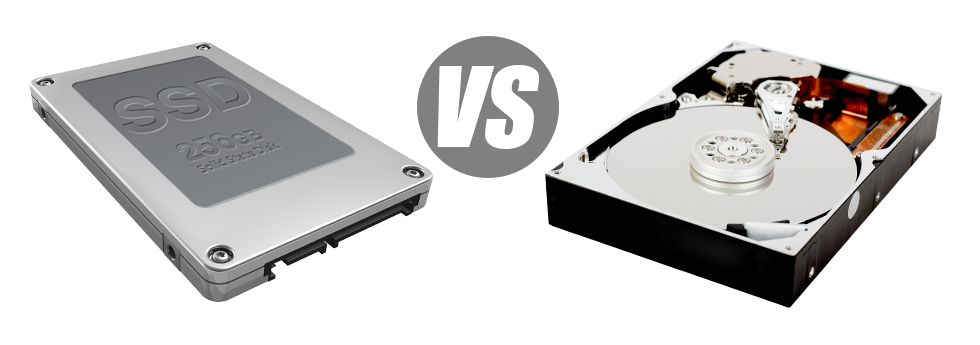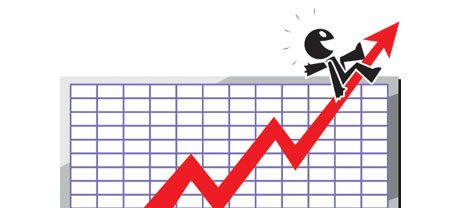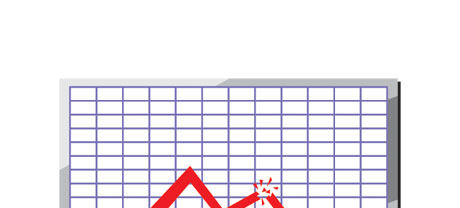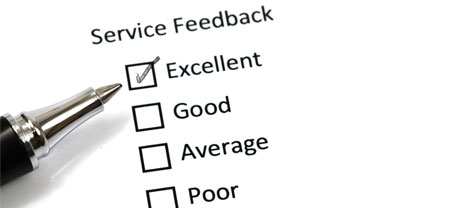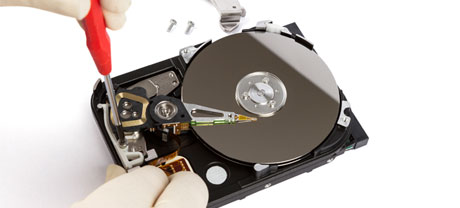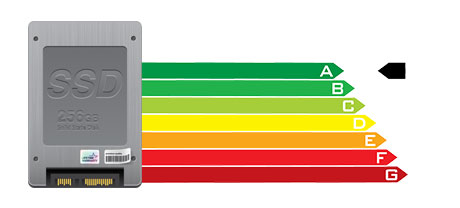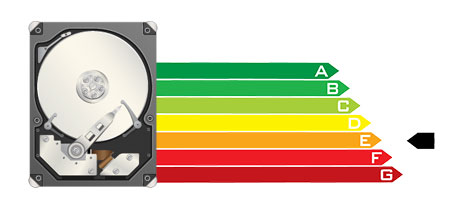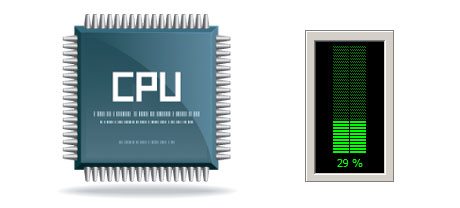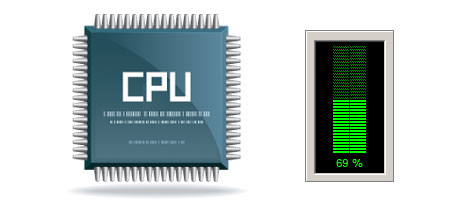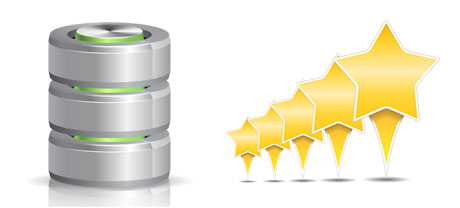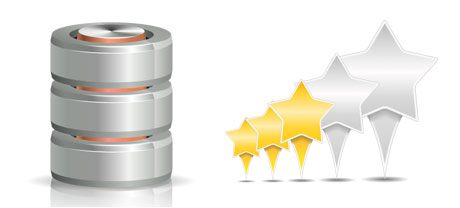Currently, pretty much all completely new computers contain SSD drives instead of HDD drives. You can find superlatives to them all around the professional press – they are quicker and operate much better and they are really the future of home pc and laptop computer production.
Having said that, how can SSDs stand up within the hosting community? Could they be trustworthy enough to replace the tested HDDs? At RoiBot Web Hosting, we are going to make it easier to much better understand the dissimilarities among an SSD and an HDD and choose which one best fits you needs.
1. Access Time
A result of a revolutionary new method to disk drive operation, SSD drives enable for faster data file accessibility speeds. With an SSD, data access times are far lower (only 0.1 millisecond).
HDD drives continue to take advantage of the exact same fundamental data access concept that was originally created in the 1950s. Even though it has been noticeably upgraded after that, it’s sluggish compared to what SSDs will offer. HDD drives’ data access rate ranges between 5 and 8 milliseconds.
2. Random I/O Performance
Caused by the new revolutionary data storage approach adopted by SSDs, they furnish a lot quicker file access speeds and faster random I/O performance.
During our lab tests, all of the SSDs demonstrated their capability to deal with a minimum of 6000 IO’s per second.
All through the same tests, the HDD drives turned out to be much slower, with only 400 IO operations maintained per second. While this may appear to be a large number, for those who have a hectic server that contains a great deal of famous websites, a slow disk drive can lead to slow–loading sites.
3. Reliability
The lack of moving components and rotating disks in SSD drives, and also the latest advances in electrical interface technology have led to a substantially better data storage device, with a common failure rate of 0.5%.
HDD drives make use of rotating disks for storing and reading through files – a concept dating back to the 1950s. With hard disks magnetically suspended in the air, spinning at 7200 rpm, the likelihood of some thing failing are usually higher.
The regular rate of failure of HDD drives varies between 2% and 5%.
4. Energy Conservation
SSD drives operate almost noiselessly; they don’t make surplus warmth; they don’t involve added chilling methods and also consume significantly less power.
Trials have demonstrated that the common power use of an SSD drive is somewhere between 2 and 5 watts.
HDD drives are infamous for becoming noisy; they can be more likely to getting too hot and if you have several disk drives inside a server, you need a further cooling system exclusively for them.
All together, HDDs consume somewhere between 6 and 15 watts.
5. CPU Power
Thanks to SSD drives’ higher I/O functionality, the main web server CPU can process file queries faster and preserve time for other functions.
The common I/O delay for SSD drives is only 1%.
HDD drives support slower accessibility speeds in comparison to SSDs do, which will result for the CPU being forced to delay, although scheduling assets for your HDD to uncover and give back the demanded data.
The average I/O delay for HDD drives is just about 7%.
6.Input/Output Request Times
The majority of our completely new servers now use simply SSD drives. Our personal lab tests have established that having an SSD, the normal service time for any I/O request whilst running a backup continues to be under 20 ms.
Sticking with the same server, however, this time built with HDDs, the outcome were completely different. The normal service time for any I/O request changed in between 400 and 500 ms.
7. Backup Rates
Another real–life advancement is the rate at which the back up was made. With SSDs, a web server data backup today requires only 6 hours by using RoiBot Web Hosting’s web server–designed software.
On the flip side, with a server with HDD drives, an identical back up usually requires three or four times as long in order to complete. A full back–up of any HDD–driven hosting server usually takes 20 to 24 hours.
To be able to straight away improve the overall overall performance of one’s websites with no need to alter just about any code, an SSD–operated web hosting service is really a excellent option. Check out the cloud website hosting packages and then our VPS services – our services include swift SSD drives and can be found at cheap prices.
Hepsia
- Live Demo
Service guarantees
- Our Virtual Private Servers come with no setup charges and function in a dependable network offering 99.9% of uptime. Full admin server access guaranteed.
Compare our prices
- Take a look at our prices and pick the right Virtual Private Server for your dynamic websites. It is easy to migrate to a more feature–rich VPS package with only a mouse click.
- Compare our hosting plans
Contact Us
- We’re online for you 24 hours to answer all queries concerning our VPS services. 1–hour response time guarantee.
